religion
-
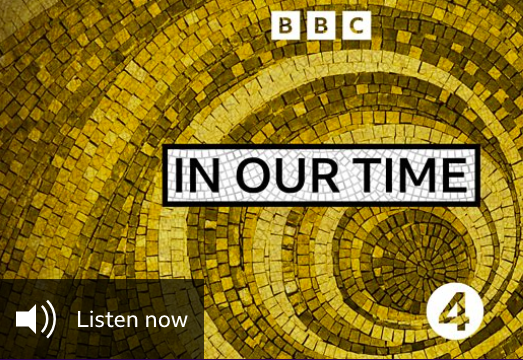
In Our Time: One Thousand (and one) Radio Programmes
·
Blogging about the Alf Layla wa Layla – or the Thousand and One Nights – for Shakespeare’s Globe Theatre, Dr Shazia Jagot…
-
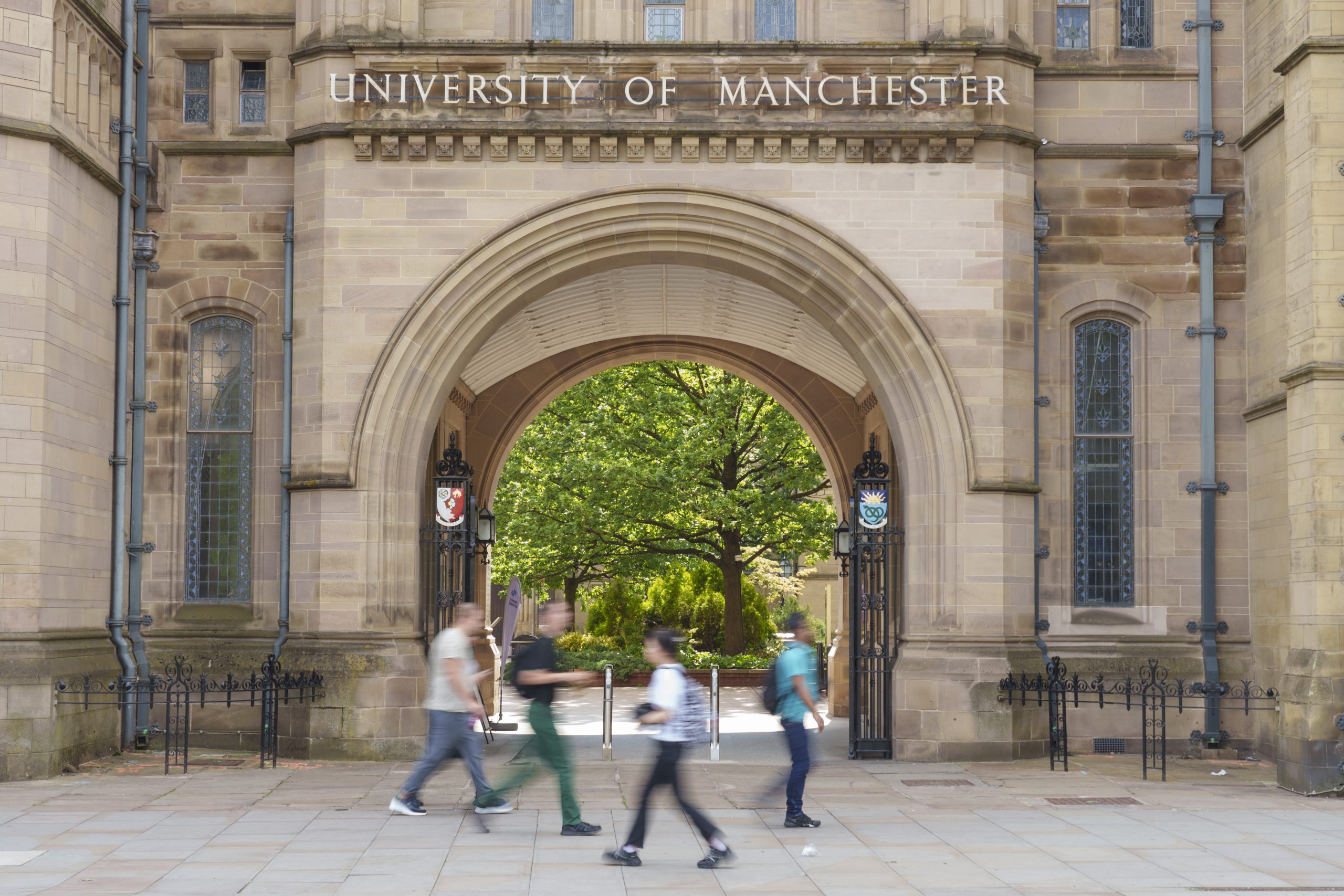
A brief history of religious broadcasting in the UK
·
The Sandford St Martin 2023 Awards ceremony was held in Manchester University’s Whitworth Hall. This is an excerpt from the printed…
-
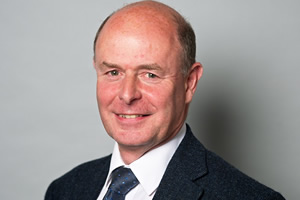
Doing God
·
It was 20 years ago, in May 2003, that Tony Blair’s spokesman Alastair Campbell famously said “We don’t do God”. He…
-
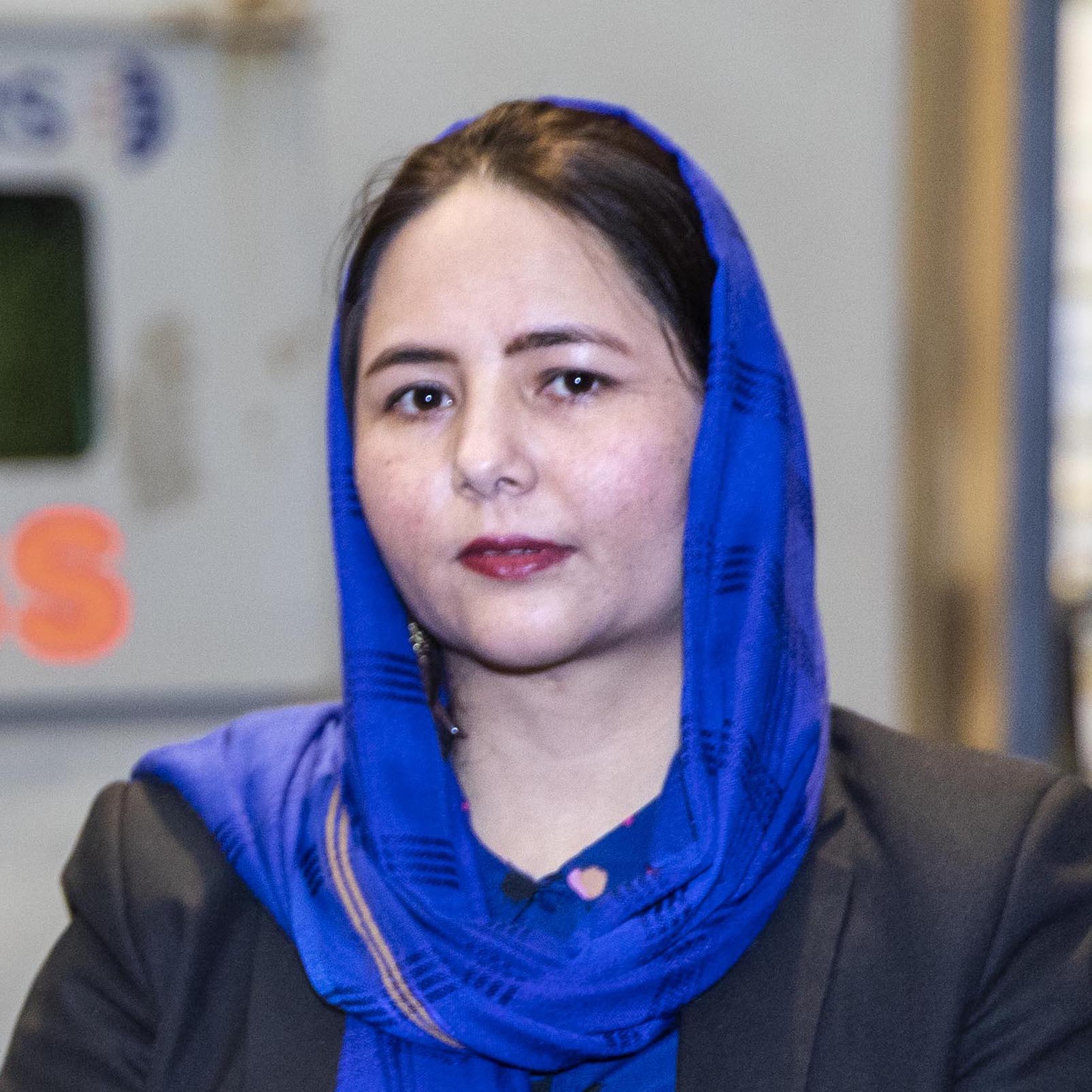
Women, work, education and religion in Afghanistan
·
Living in the UK, it’s not uncommon for people to consider religion a primarily private concern: a set of ornamental…
-

What it’s like to study Journalism when the world is on fire
·
Every year the Sandford St Martin Awards receive something in the region of 200 entries. Reviewing, carefully considering and, ultimately, identifying…
-

How have broadcast and social media been used to support faith during the COVID-19 pandemic?
·
Over the last couple of months MA Journalism student and the 2020 Guild of St Bride’s bursary student Connie Dimsdale has been…
-
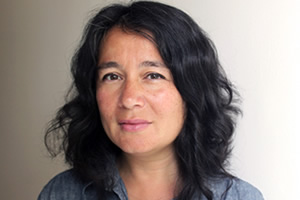
OK Boomer! Are Millennials more moral?
·
What does the UK think is right and wrong? The BBC’s survey of morality in 2019 The BBC has published…
